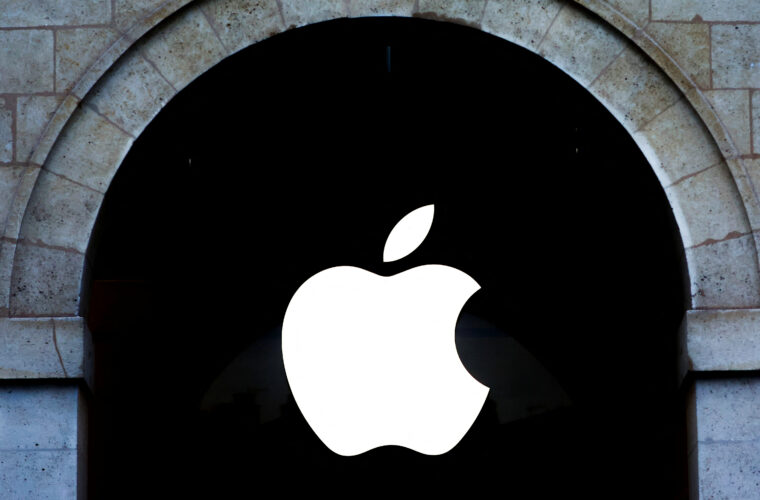ChatGPT has privacy issues: All eyes of the technology world are on Italy after the national data protection authority intervened and notified ChatGPT of its failure to provide a privacy policy. The Italian privacy regulator challenged OpenAI, the company that developed the most popular chatbot of the moment, for failing to clarify how it processes the personal data of the users it processes, as well as for not allowing minors under 13 years of age to access the service.
In response to this warning, Open AI decided to suspend the service in Italy
There was an immediate controversy between those who consider it inappropriate to stop the development of artificial intelligence and those who, on the other hand, consider the authority’s act inevitable since the GDPR rules leave no room for doubt. For this reason, although many Italian users have relied on VPNs to continue using ChatGPT, several other countries are considering following the Italian example and asking Open AI to solve their privacy shortcomings.
Why is ChatGPT also in danger of being suspended in other countries?
In the US, they have now realised that the service in which Microsoft has invested $10 billion has a big problem with the processing of personal data of users it learns during training, while in Europe, there is the European Data Protection Board ready to take a position to evaluate and extend the Italian decision. But that’s only part of it since the authorities in France and Ireland have contacted their Italian counterparts to investigate the matter in depth and understand how to move. The German Data Protection Commissioner is also on the same wavelength.
While waiting to see what developments will take place and how Open AI will intervene to remedy the current limitations of the service to avoid suspension in other countries, let us see what are some of the most convincing alternatives to ChatGPT. It is good to learn about in case of specific needs because not all chatbots guarantee the same results for certain purposes, but also because having two or more solutions means being able to count on something concrete in case one of the resources is suddenly unavailable.
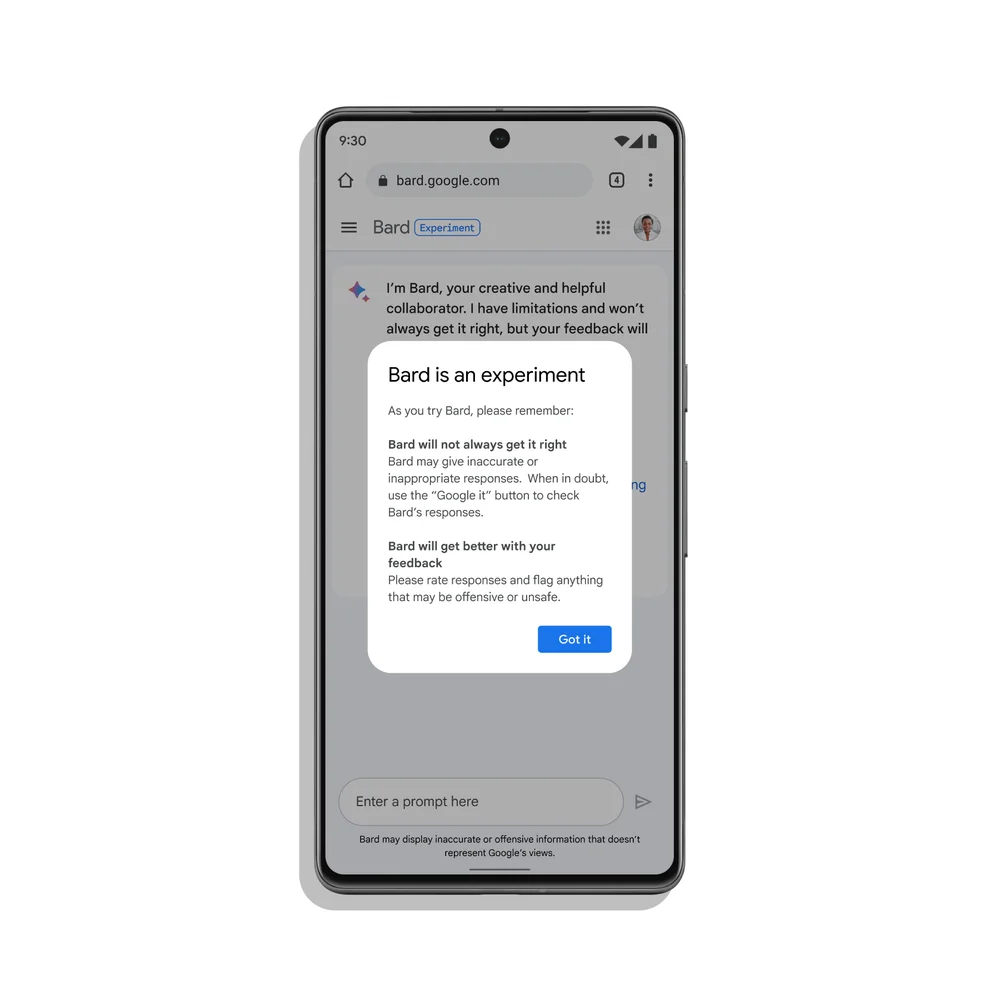


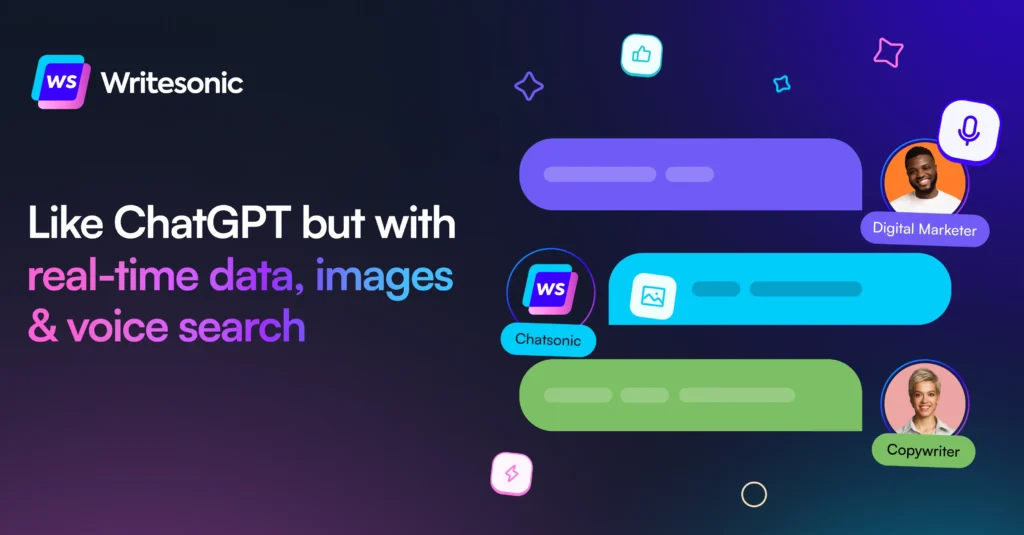
Bing AI
Obligatory mention as it is the closest to ChatGPT since it is the evolution of Microsoft’s search engine based precisely on integration with the chatbot devised by Open AI. A natural companion for those using the Edge browser, it promises to create a dialogue starting with the user’s requests and a general response, which becomes more specific as it proceeds with more detailed questions. The best way to get an idea is to try it out, test the Chat mode with different requests, and discover the similarity with ChatGPT.
ChatSonic
Like ChatGPT, but better. The AI chatbot says this in its presentation, which is correct since it is a solution based on ChatGPT3 with one crucial additional detail. It continues beyond past events, as it can fish online for content in line with requests to provide information in real-time. It seems little, but it is a significant difference that reduces errors and invented answers without data. Unlike the other proposals listed here, ChatSonic differs in that it is linked to WriteSonic, an artificial intelligence platform created to generate content on the topic chosen by the user. WriteSonic does not merely advise on the topic; it suggests a text complete with a title, introduction and outline.
As for the AI chatbot, ChatSonic has 16 different characters, including a poet, with whom one can interact. It also allows you to ask questions verbally and in written form; once the exchange is over, you can have the entire report via a link, Word document, or PDF. And to top it all off, ChatSonic also integrates an image generator, although there is a limit of 25 free images per day (the unlimited plan starts at $12.67 per month).
Perplexity.ai
Founded in August 2022, after releasing the Ask search engine and closing a first round of 3 million, Perplexity.ai recorded 2 million active users in four months. This is thanks to a system reminiscent of Google in its ability to offer answers to users’ questions, although instead of links, there are two replies, one short and the other more detailed. But that’s only partially because this adds the list of sources used (with the risk of possible copying), accompanied by their respective links and a series of tips for going deeper into the topic in question.
It is a pity that it does not remember previous answers during the conversation, but now it is free to access software for which no account is necessary. An acceleration of the development or the integration of new features is likely in the coming months, as the company closed a $25 million round at the end of March. Among the new investors is Susan Wojcicki, former CEO of YouTube.
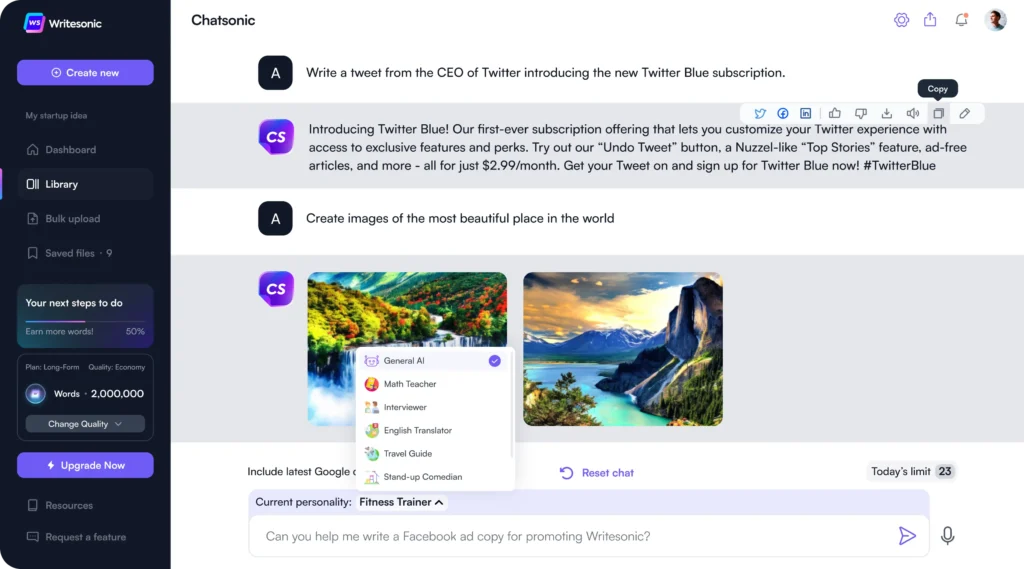
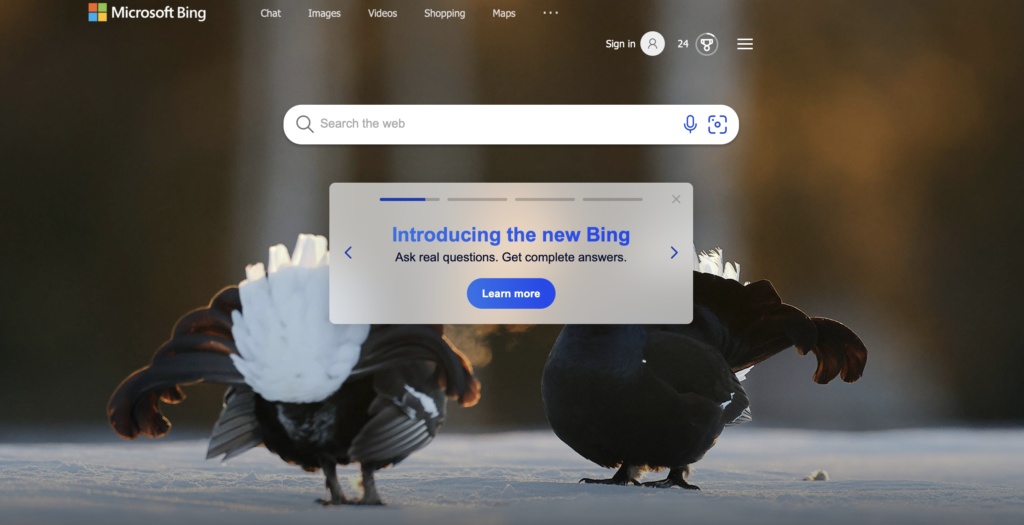
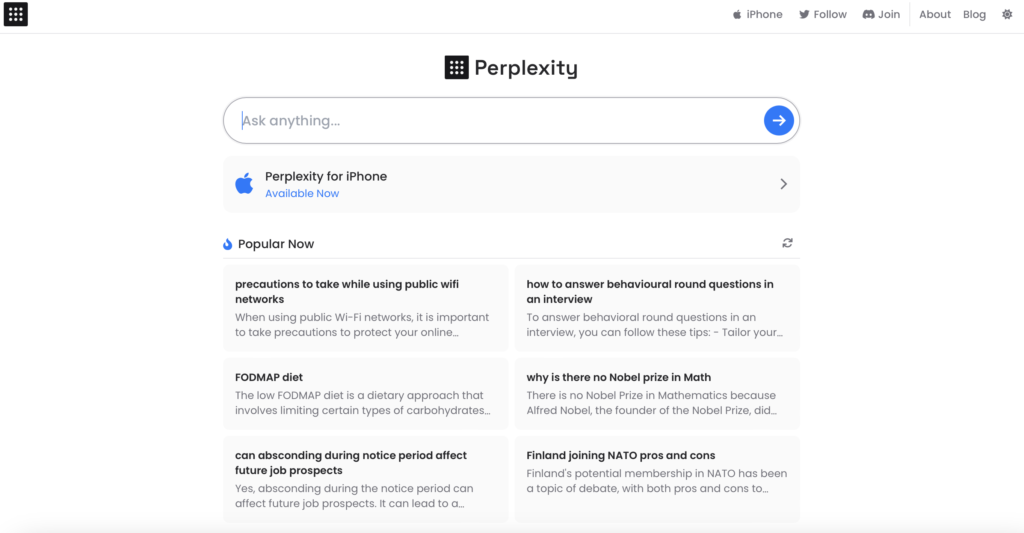
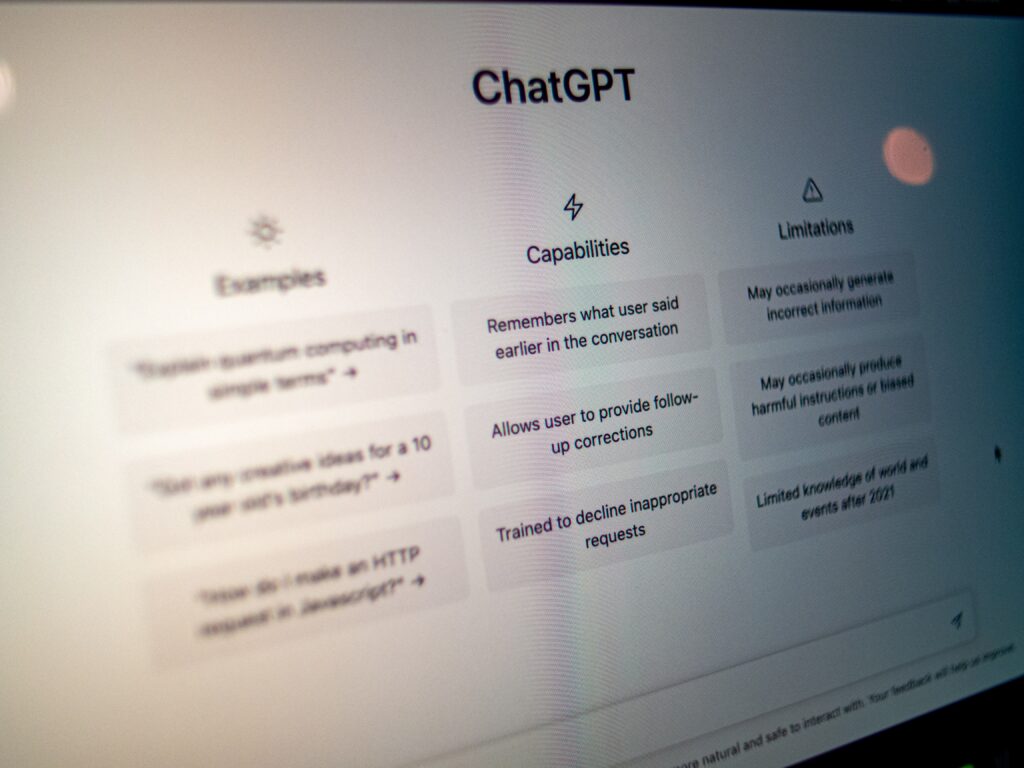
Jasper
Known to most experts by its old name Jarvis, the revamped Jasper is an excellent alternative to ChatGPT, particularly at the corporate level, as it allows good quality content to be obtained quickly, especially when it comes to marketing and communication. The most recent and significant innovation is the arrival of Jasper Chat, an interface based on ChatGPT 3.5 that has learnt information from billions of articles in 29 languages but with a timeframe limited to 2021. Even if it can offer relevant insights, the update hurdle must be kept in mind.
Free of charge and correct in remembering that all content must be verified before it is disseminated, Jasper Chat also provides a paid version ($59 per month) to access all functions. A high price that most copywriters nevertheless pay with satisfaction for the suggestions that the service ensures.
Bard
This is Google’s answer to Microsoft, which with the new Bing AI, hopes to erode part of Big G’s dominance among search engines. Different from Seattle, Mountain View is not in a hurry to ride the artificial intelligence wave but instead wants to proceed gradually to avoid making any missteps. Based on Lamda, a series of conversational language models developed by Google, Bard will be integrated into the search engine. Improving its natural language processing capabilities will enable it to offer users more precise information in response to a given input.
This means that Bard will have no time limitations when providing information. However, everything remains theoretical at the moment since access is limited to certain countries, and one has to subscribe to a waiting list to try it out later.



